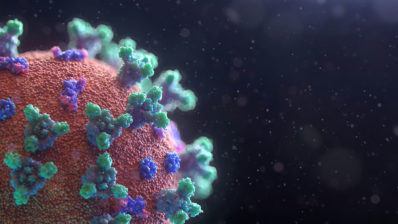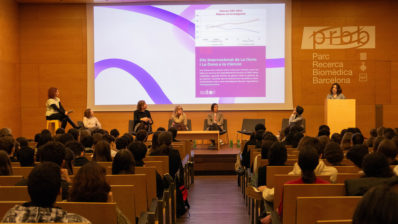Researchers at the Hospital del Mar Medical Research Institute (IMIM) in collaboration with the Hospital del Mar itself, have validated the utility of detecting troponin-T protein (hs-CTnT) and brain natriuretic peptide (NT- proBNP) in blood as two indicators of heart damage that could be used to predict risk of complications from COVID-19.
The study, the most ambitious in this field carried out to date, has analyzed data from 872 patients diagnosed with COVID-19 and has found that approximately 1 in 3 patients with complications had elevated levels of one of the two markers.
“The analysis of these cardiac markers with a simple blood test at the time of admission of the patients could allow to select those patients with a higher risk of complications and, therefore, to optimize the strategy early therapy”
Beatriz Vaquerizo
– Head of the Cardiology Service at Hospital del Mar and researcher at IMIM –
Thus, among patients with elevated levels of the markers, the complication rates (such as the need for pulmonary ventilation or even death) were around 40% higher than among those patients without the presence of these indicators. Also, patients with mild symptoms did not have the markers.
These results open the possibility of making a rapid prognosis of the evolution of the infection, and would allow personalization of the treatment for those patients at higher risk.
Alicia Calvo-Fernández et al. Markers of myocardial injury in the prediction of short-term COVID-19 prognosis. Revista Española de Cardiología (English Edition) Available online 29 September 2020.






